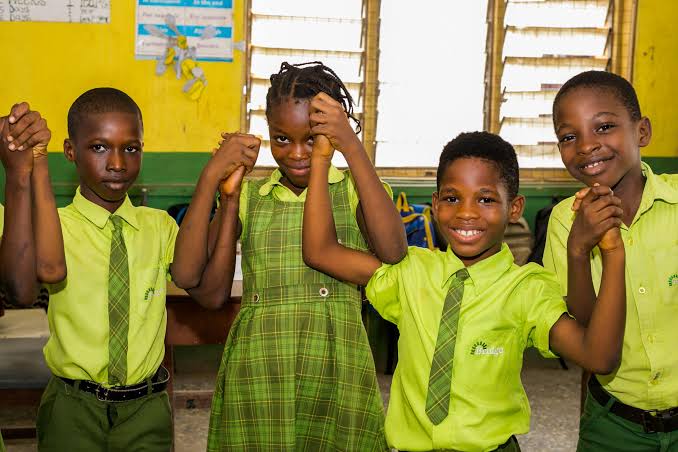Parents Battle Rising Costs as New School Year Resumes Across Nigeria

Parents Battle Rising Costs as New School Year Resumes Across Nigeria
As schools resume today in the Federal Capital Territory (FCT), many parents are grappling with the difficult reality of securing enough money to fund their children’s education.
For countless families, the start of a new academic session brings more anxiety than excitement, as financial constraints overshadow their hopes for their wards’ future.
The tough economic climate has placed considerable strain on households, with inflation and the high cost of living eroding disposable income. Meeting the financial demands of tuition, books, uniforms, and other school-related expenses has become increasingly difficult. According to the National Bureau of Statistics (NBS), Nigeria’s inflation rate stood at 21.88 per cent in July 2025.
Unemployment and underemployment have further worsened the situation, leaving many families without stable income. Parents who once aspired to provide the best for their children now find themselves trapped in cycles of compromise and frustration.
One such parent is Obiageli Okoro, a single mother who previously enrolled her two children in a reputable private school in Abuja. With proceeds from petty trading and support from relatives, she initially managed the costs. However, when the school increased its fees by over 30 per cent last session, her efforts became unsustainable.
“I tried everything I could — working extra hours, borrowing from friends — but it was never enough. I had to choose between feeding my children and paying their school fees,” Okoro explained. She revealed she has begun arrangements to transfer her children to a cheaper school this term.
Her story mirrors the experiences of parents across the country. Sunday Eze, a father of four, described his struggles: “Every term, the school sends a reminder about fees. I feel ashamed when I cannot pay on time. Sometimes, my children are sent home, and they cry because they do not want to miss classes. I don’t know what to do this session ahead of resumption.”
The Guardian reports that some parents have turned to crowdfunding on social media to raise money for tuition, while others have been forced to sell personal belongings.
Ezekiel Zamber, a widower raising three children, said: “I had to sell some of my possessions to pay school fees and buy learning materials. It is painful, but education is the only inheritance I can give them.”
Experts warn that if the trend continues, Nigeria may see a sharp decline in school enrolment and completion rates, especially among children from low-income families. Statistics indicate that Nigeria already has one of the highest numbers of out-of-school children globally, with 17 million unenrolled. Stakeholders say this poses a grave threat to the nation’s human capital development.
Education advocate Folashade Akinyemi cautioned, “Education is supposed to be a ladder out of poverty, but when it becomes unaffordable, it pushes families deeper into the same poverty cycle. Nigeria risks raising a generation with limited skills and opportunities.”
Meanwhile, in Imo State, where schools also resumed today, the government announced sweeping reforms to ease the burden on parents.
In a statement, the Commissioner for Basic and Secondary Schools, Prof. Bernard Ikegwuoha, banned teachers across the 27 local councils from demanding items such as shovels, hoes, cutlasses, rakes, brooms, mopping sticks, buckets, detergents, disinfectants, toilet paper, A4 paper, or unauthorized levies as conditions for admitting pupils and students for examinations.
The commissioner further announced the abolition of embedded workbook-style textbooks, which often force parents to make repeated purchases. To ensure full implementation, the government provided a dedicated phone line for parents, guardians, and stakeholders to report violations directly to the supervising ministry.






